There are so many elements that go into creating a compelling and memorable image but a background that complements your subject is often overlooked. I remember when I was just starting out in photography and I would see a location that I thought would make a great background but I was never satisfied with the images that I produced. Looking back, I can see where I went wrong and today I’m going to share my tips with you.
1. Pull your subject away from the background
Sometimes the best background is one that isn’t definable. It melts away from your subject and leaves you focused entirely on them. In the second image below I pulled my daughter away from the hedge seen in the first picture by about five feet. You can see how the eye catching texture of the leaves is minimized and I’m left with lovely bokeh just by having her step away from the hedge.
2. Know your focal lengths
Knowing your focal lengths and when to use one lens over another is important. A wide angle lens will allow you to get in close to your subject, yet still capture important background details. Generally, a 35mm focal length and wider is considered wide angle. Conversely, a telephoto lens will work to compress your background resulting in the eye being drawn to your subject. In general, anything equal to or longer than 85mm is considered a telephoto lens. Commonly used telephoto portrait lenses are the 85mm, 135mm and 70 – 200mm.
3. Watch your horizon lines
Horizon lines that cut your scene in half or run through the head of your subject can be distracting. Always be aware of your horizon lines and although they don’t necessarily have to be placed in the upper or lower third of the image, be deliberate with their placement. Simply moving up or down in relation to your subject will change the position of your horizon. An example of this is shown below where a simple shift in the position of the photographer allowed my friend Sarah Carlson to capture the horizon in a more flattering position in relation to her sweet subject.
4. Choose a large aperture/shoot wide open
Similarly to pulling your subject away from the background and shooting with a telephoto lens, shooting with a large aperture (small f-stop number) will help minimize distractions. I like to shoot around f2 with a single subject. Shooting wide open takes some practice but the beautiful bokeh and creamy backgrounds that result are worth the effort.
Read more: Simple Guide to Understanding Aperture (and How to Use it)
5. Utilize framing
I adore finding natural ways to frame my subject. Framing adds interest to your scene while still drawing the viewer to your subject. Frames are everywhere around you: trees, doorways, contrast between light and dark, a car window and so on. Train your eyes to search out the frame in your scene.
Read more: 11 Photography Composition Rules to Know to Improve your Photography
6. Keep it simple
Sometimes simplicity is your best friend and the only thing you need in the frame is your subject. I love utilizing a bare wall in my house and a blackout curtain as backdrops for uncluttered portraits. Look for a plain background that has nice light and try photographing your subject there one day.

Elicia Graves is a Texas girl living in Berkeley, CA with her husband and two little girls. Her photography style is simple and earnest and she enjoys documenting her family in her free time. She tries to make it to the beach as often as possible, and is always on a mission to find the best ice cream in the Bay Area.
Website | Pinterest | Facebook

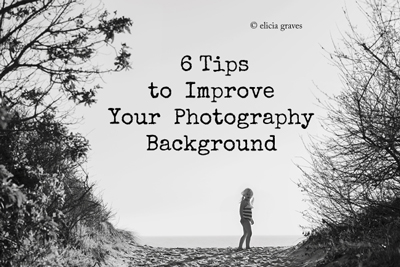

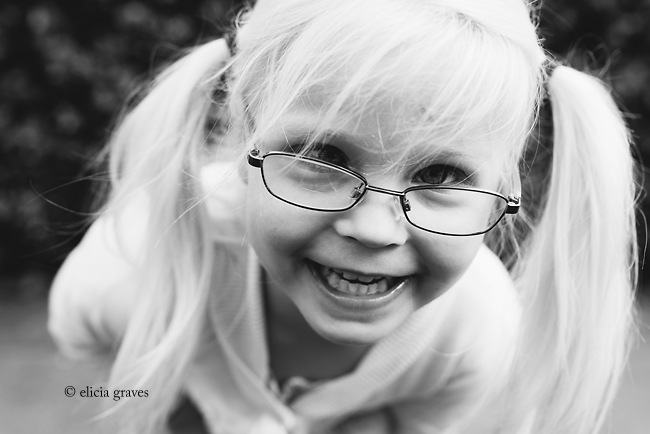

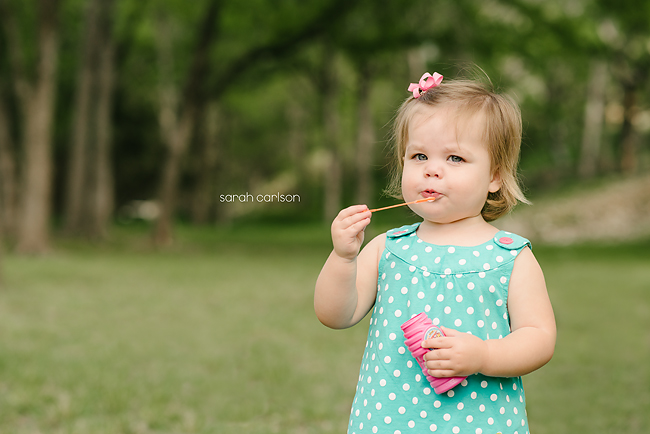
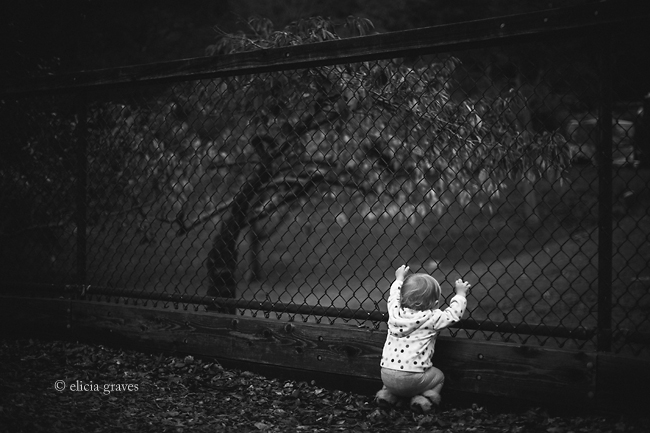
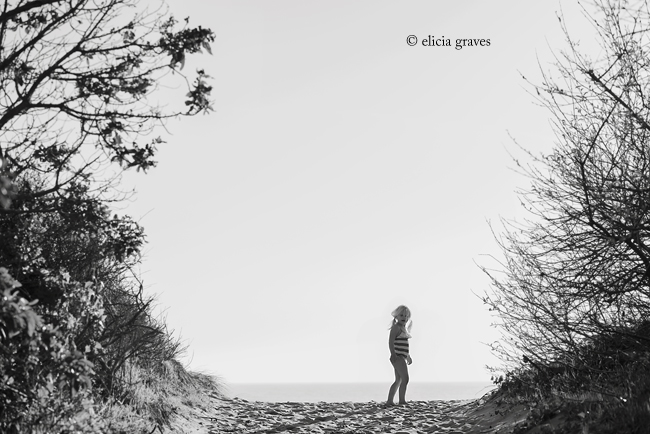

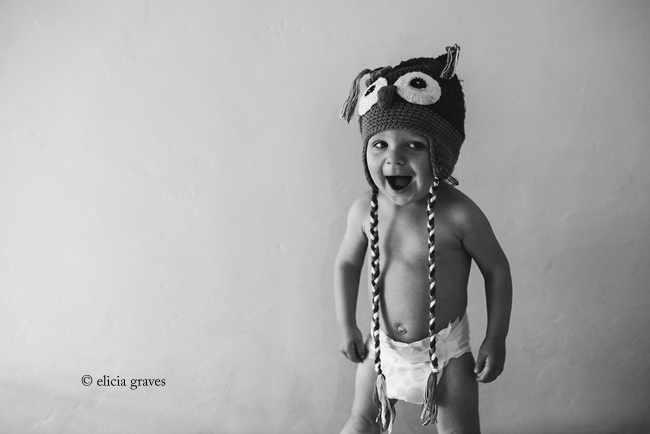





Thanks for this – i love these tips and the visual examples you shared!
Great tips! I love the example of the horizon with the little girl, and the plain backdrops are adorable captures of personality!
Love all your tips Elicia! Your photography just takes my breath away & I love getting some insight into your process!!!
Thanks for the ideas, I love the before and after examples. Your daughters hair is to die for!
Beautiful photos and great tips too! I agree that photos look amazing when shooting wide open…just need to be sure to pull focus. I’ve been working on using lower f/stops :)
Great tutorial Elicia! :)
Wonderful tutorial, Elicia. Loved all your tips you shared. :)
Dear:-Elicia
Thanks, dear for sharing an Amazing post I ever read..this post having very useful information for me to develop my photography skills. Truly said that every photographer has its own Photography Background and skills which make him unique from others like you.
Wish you all the best!